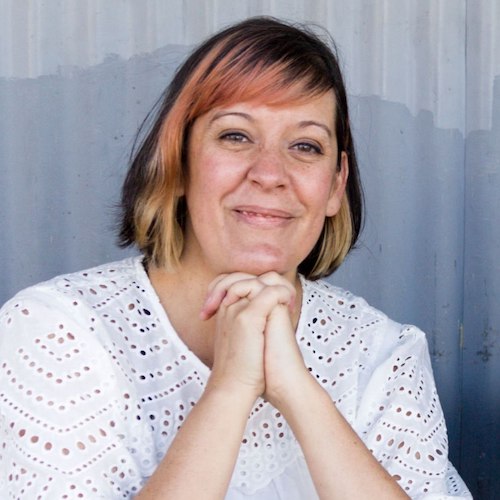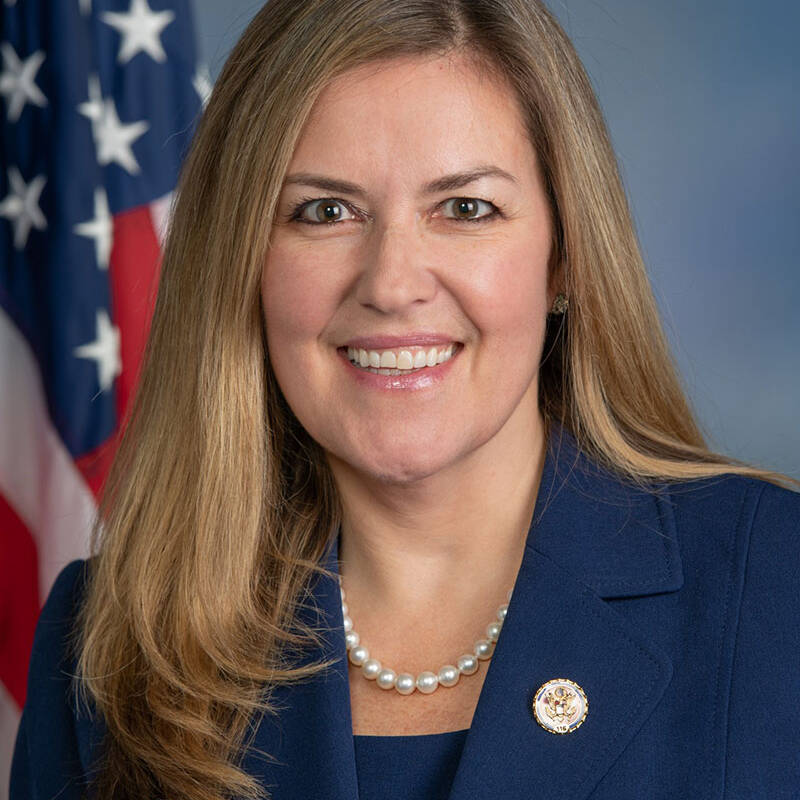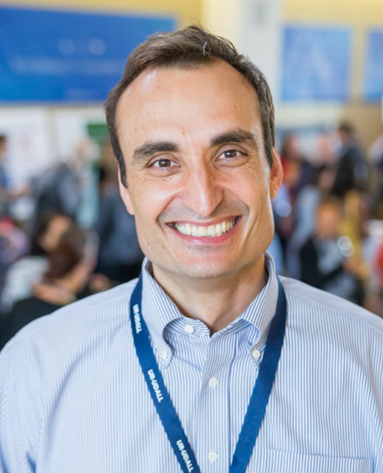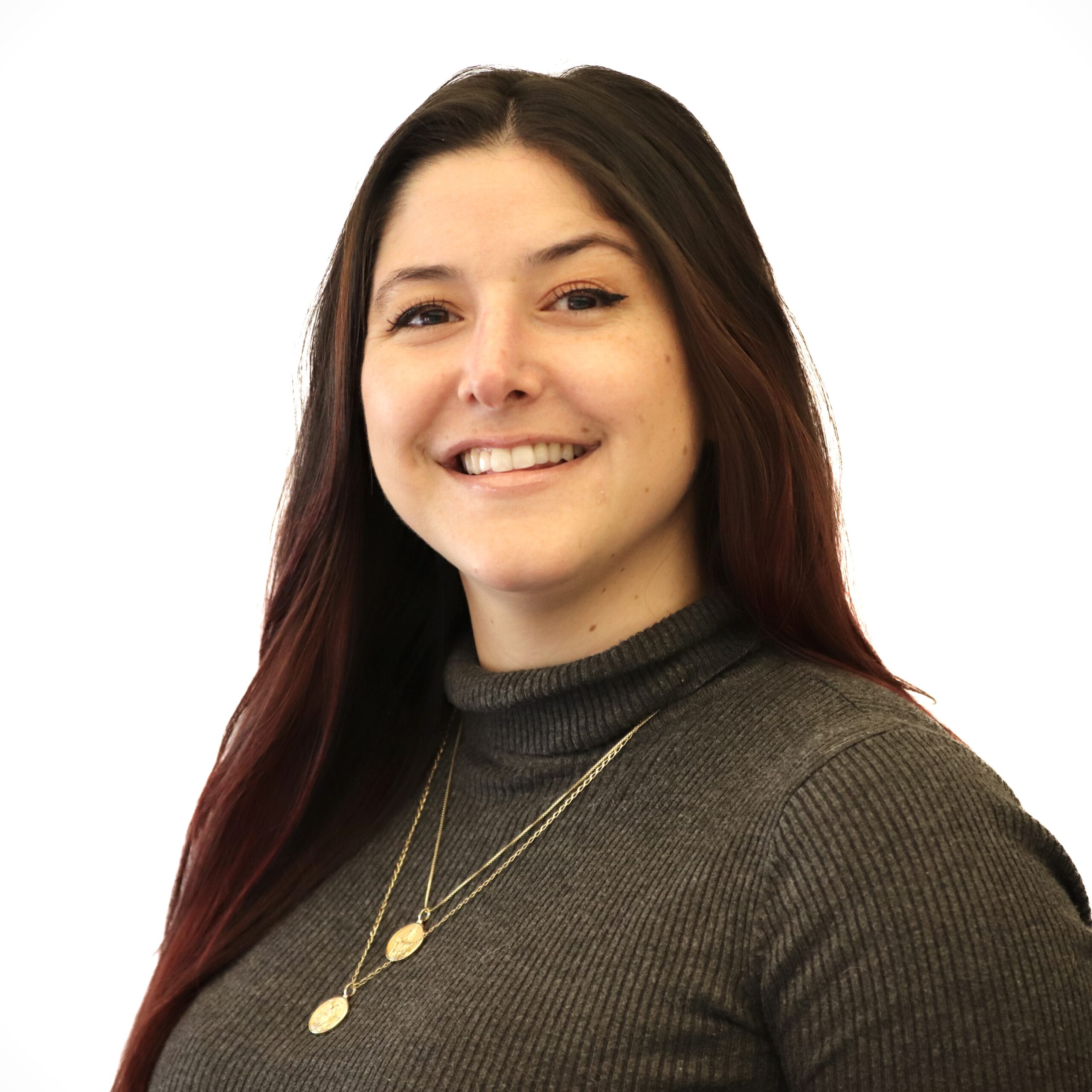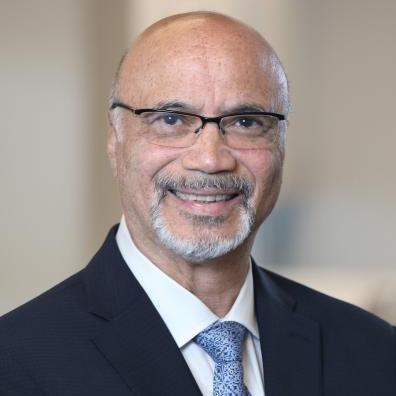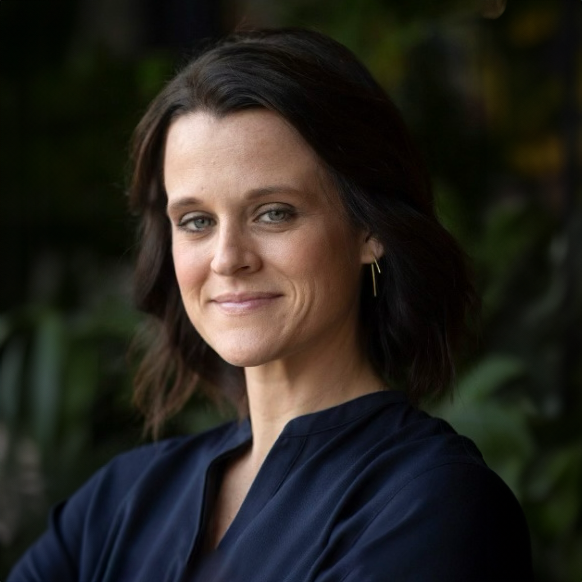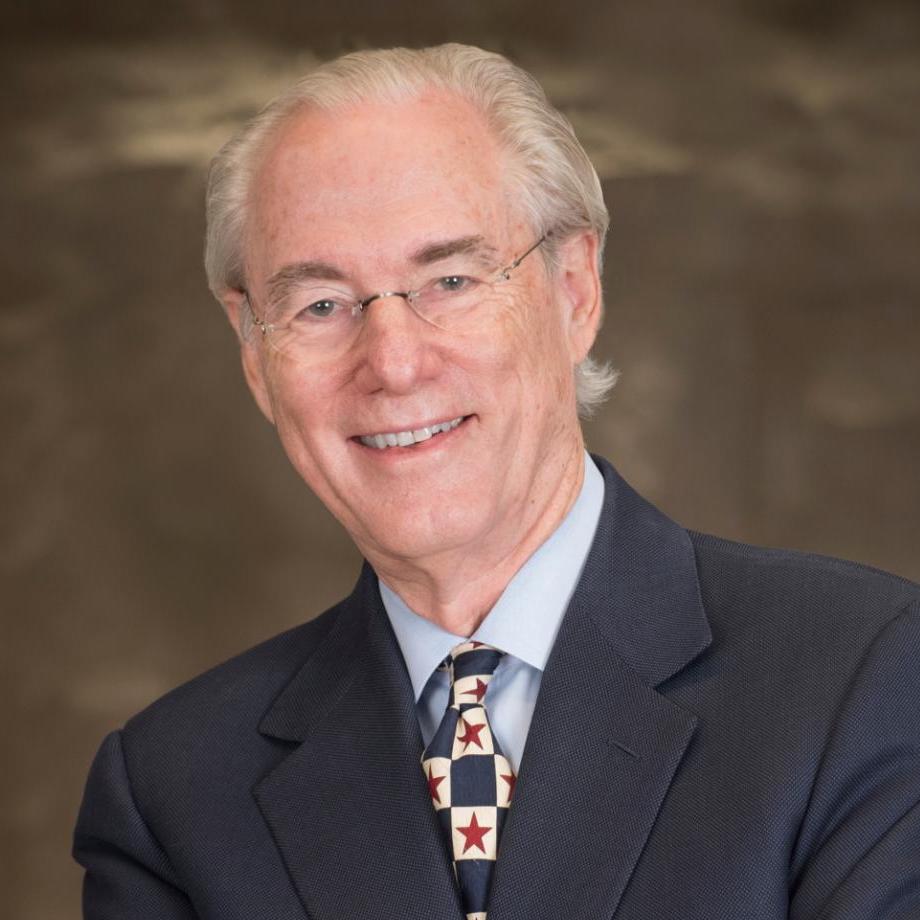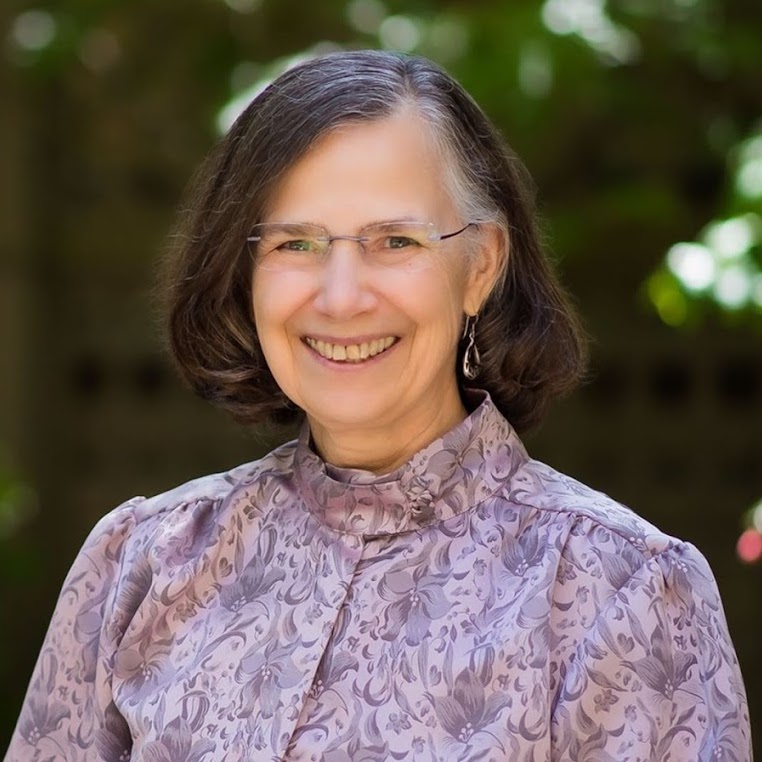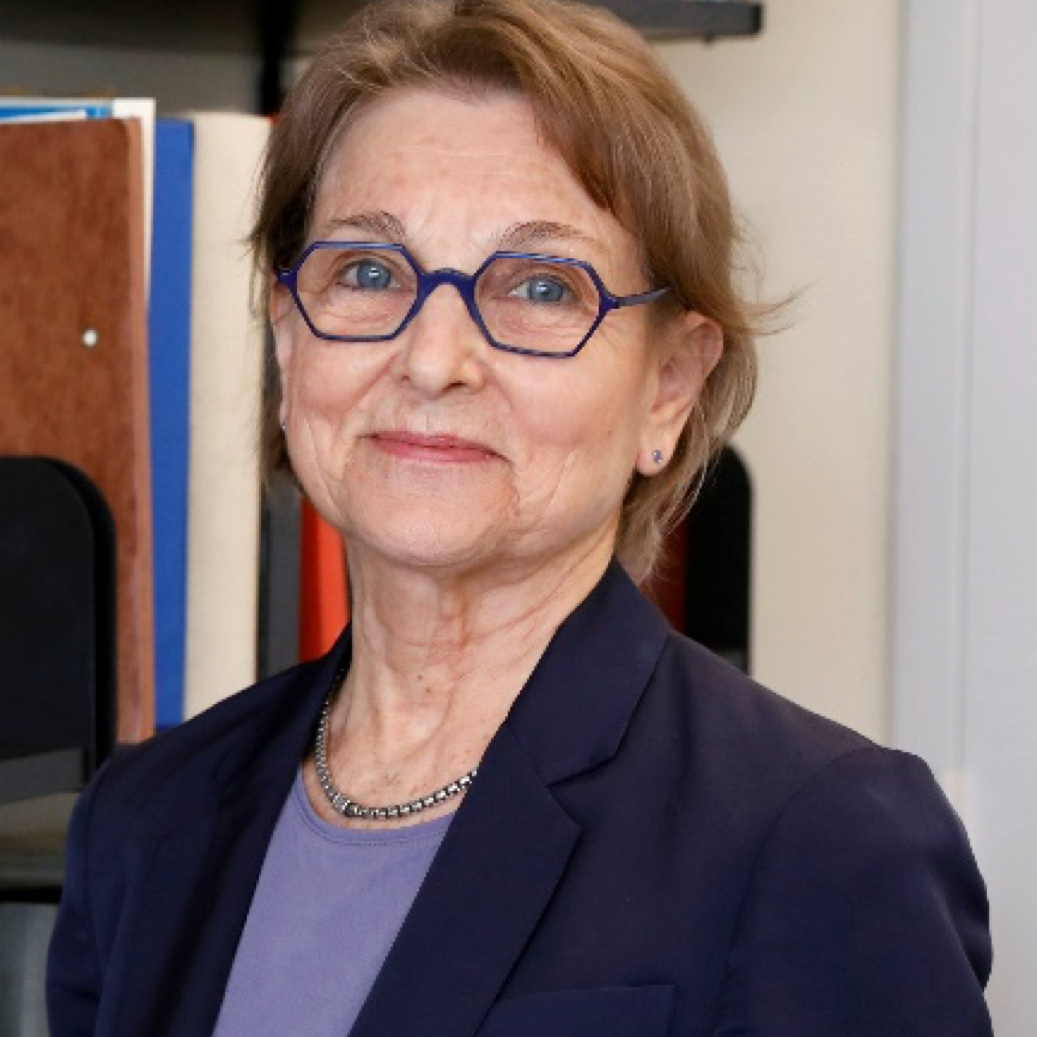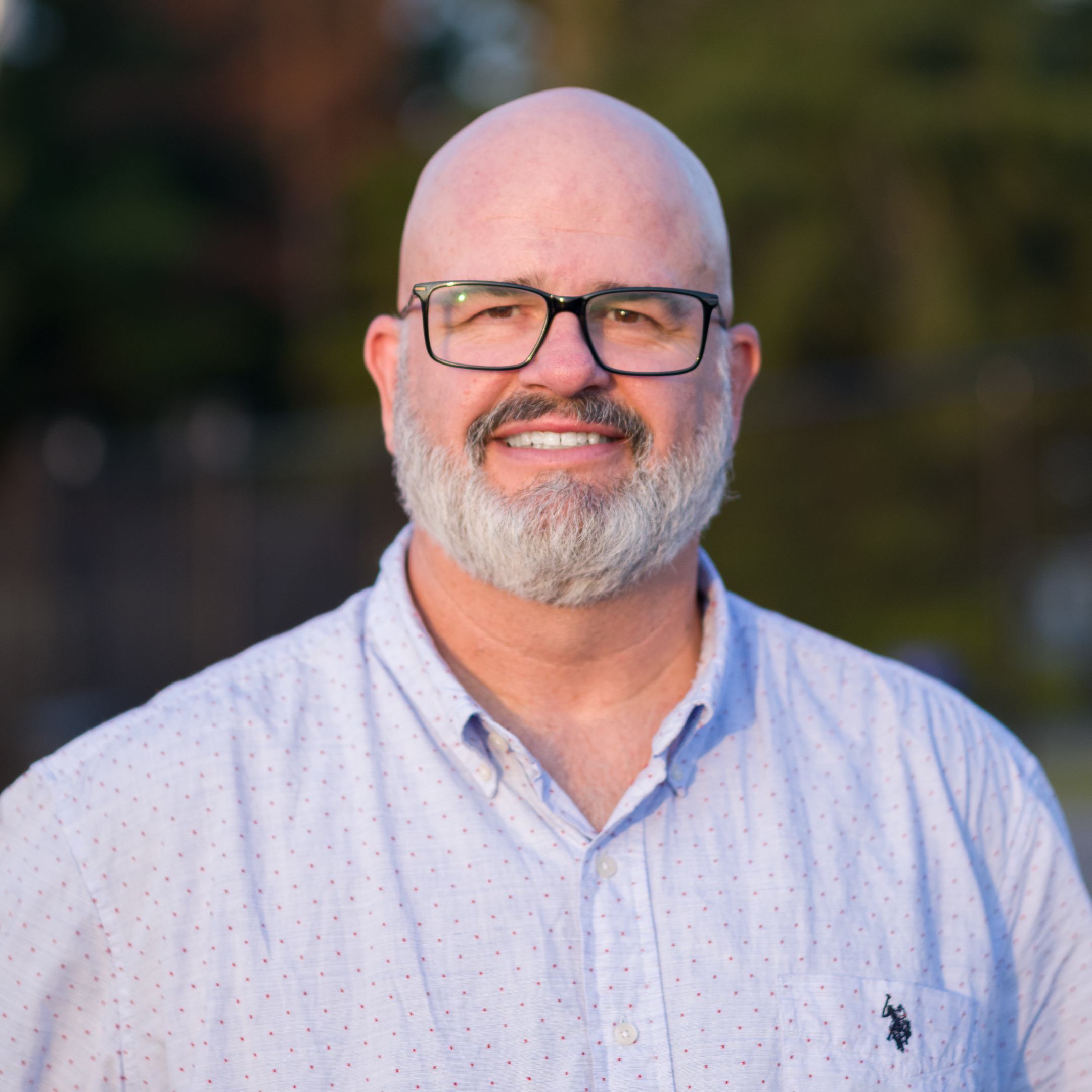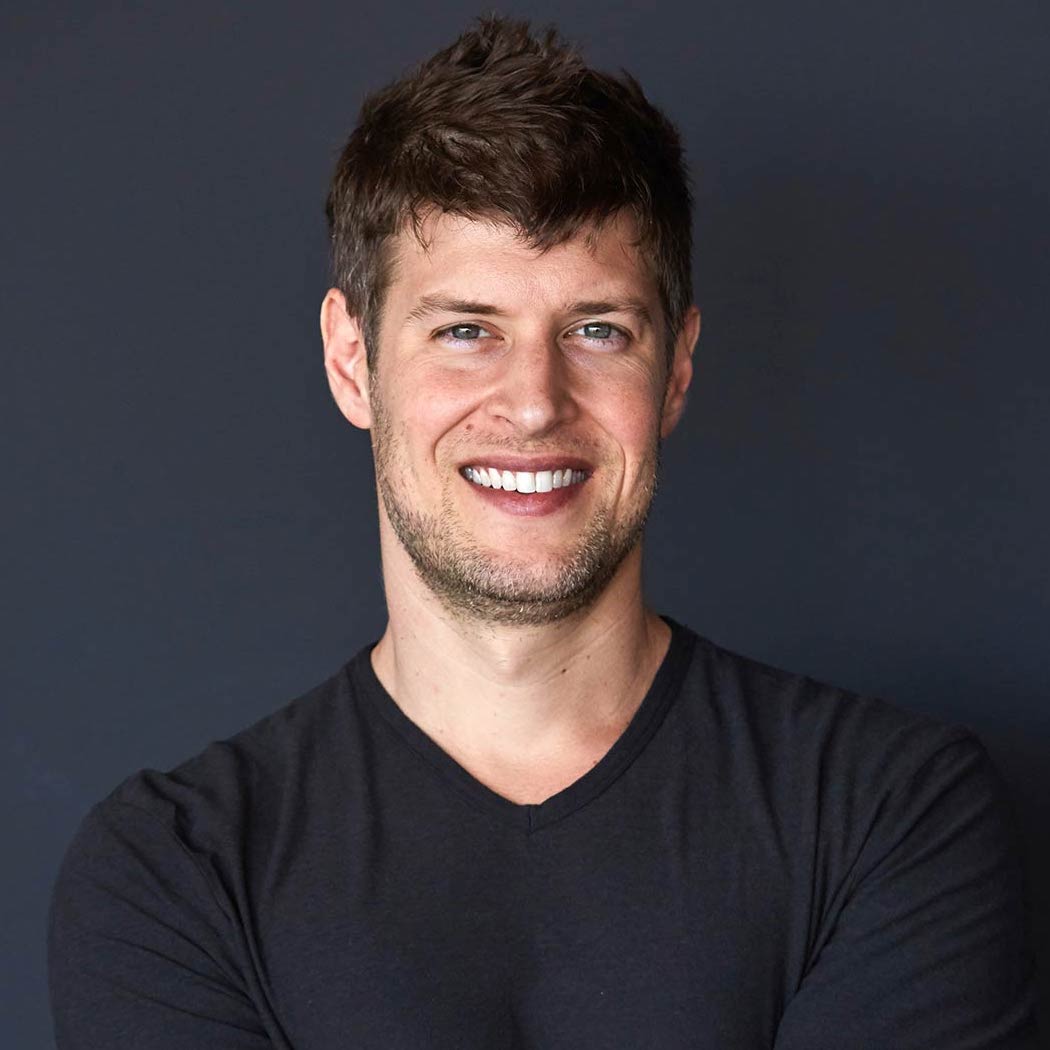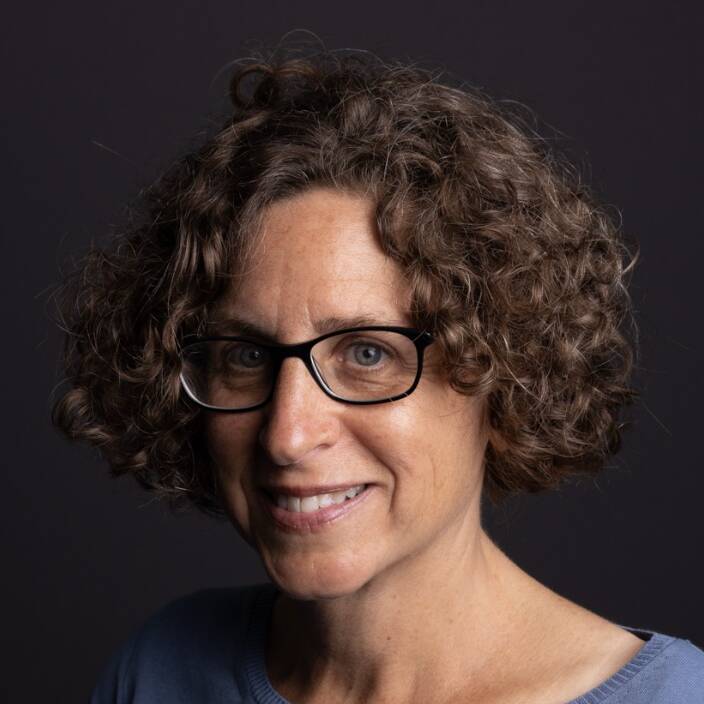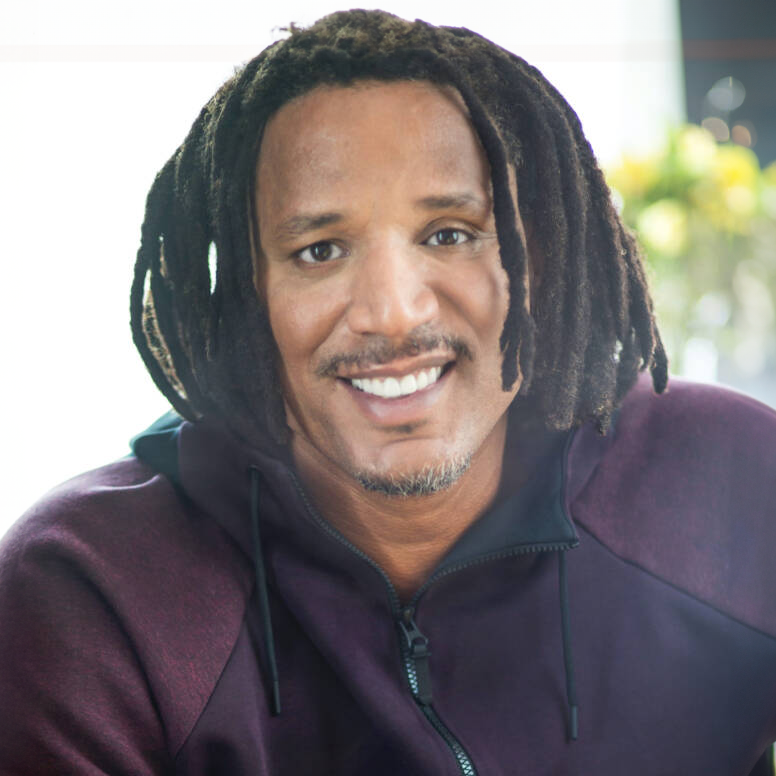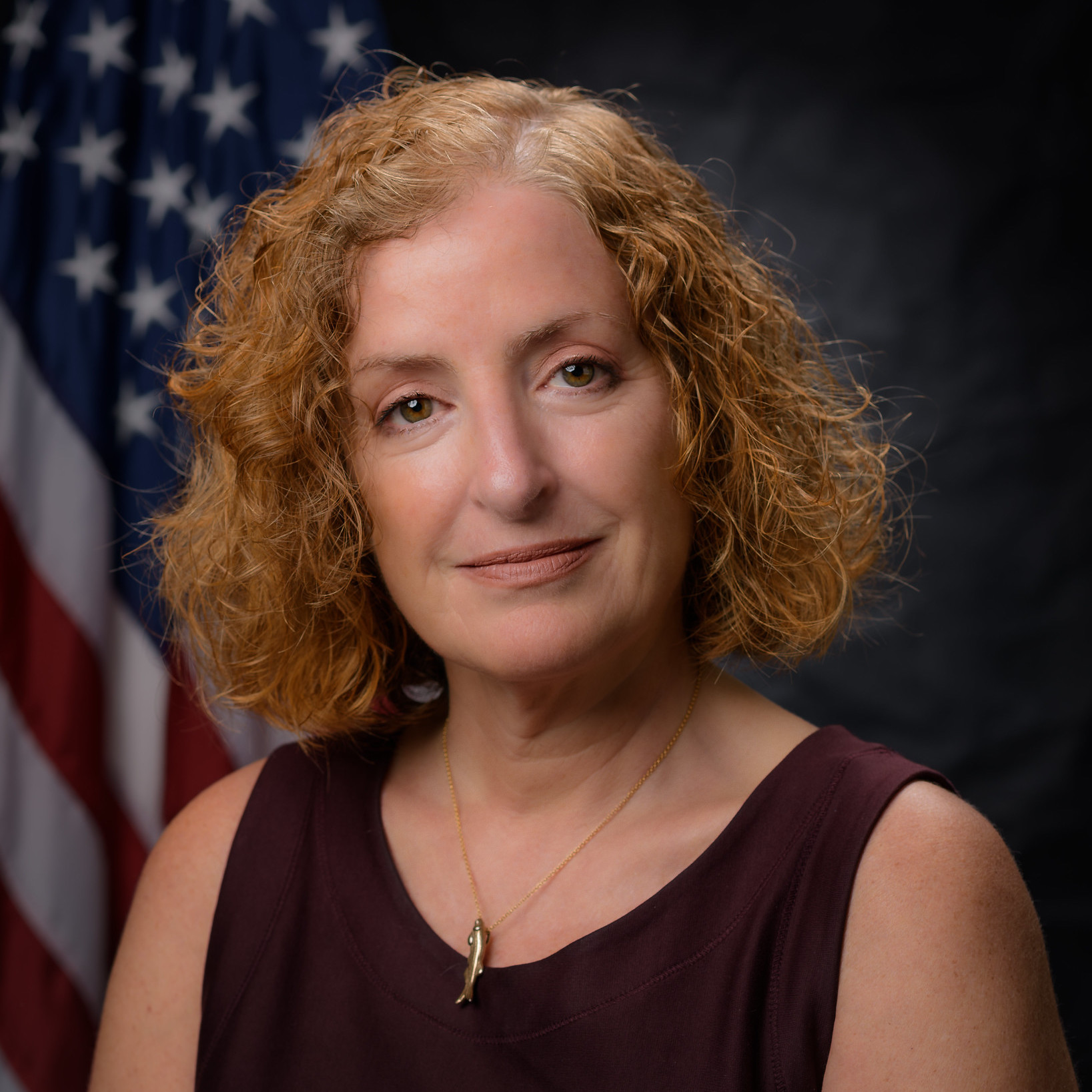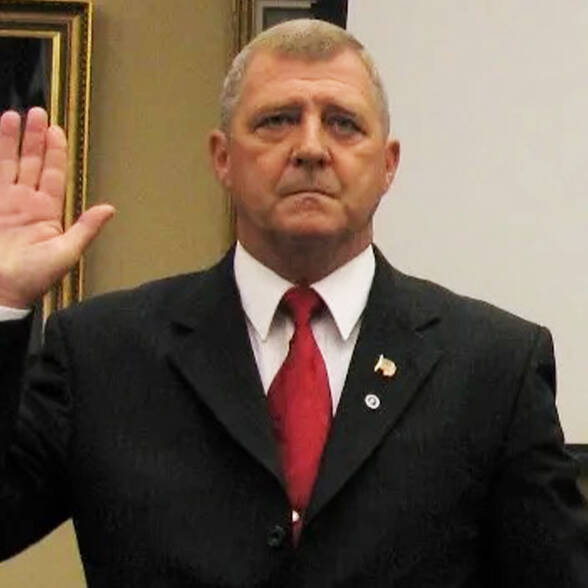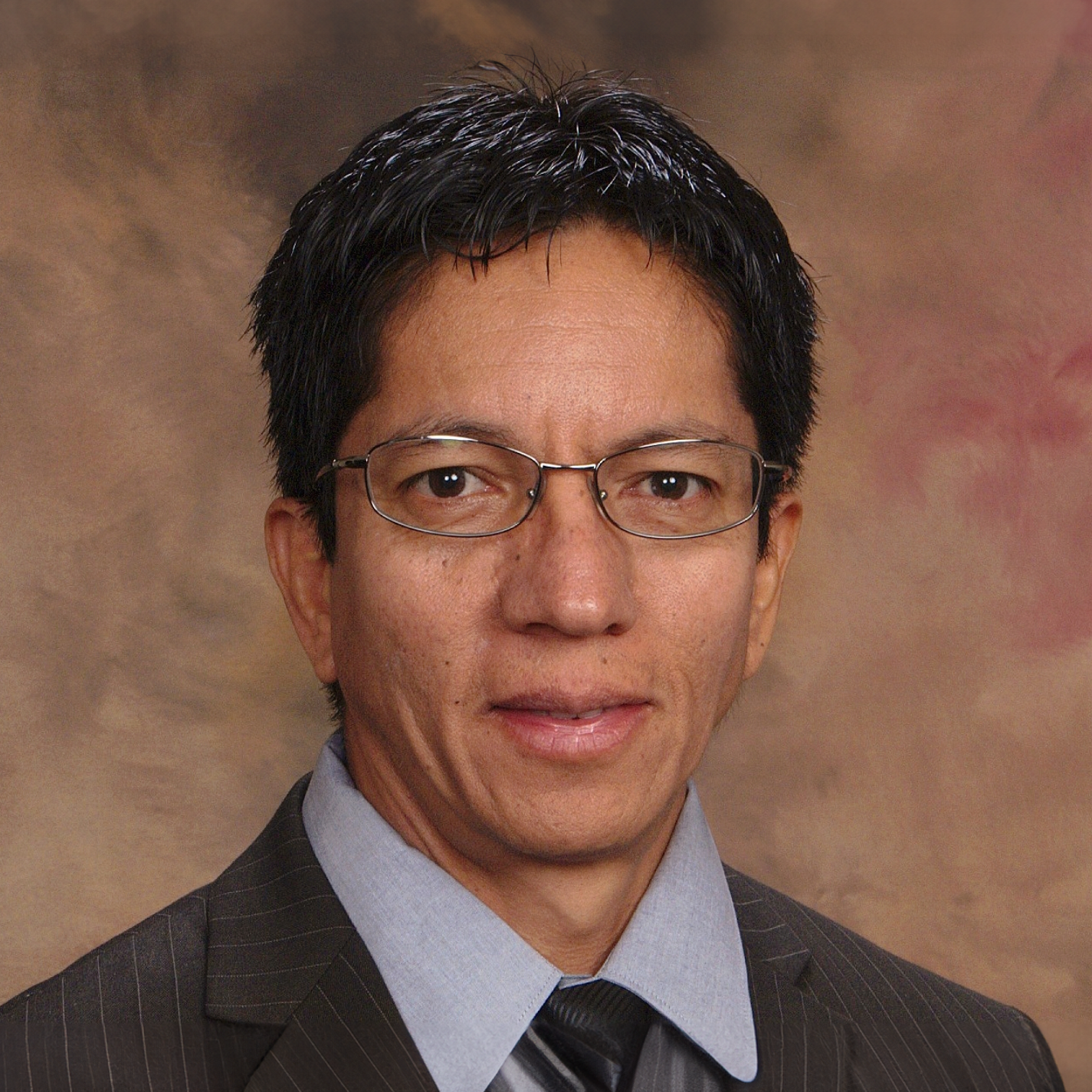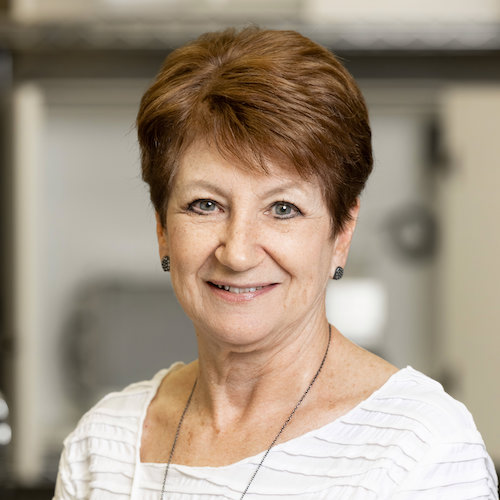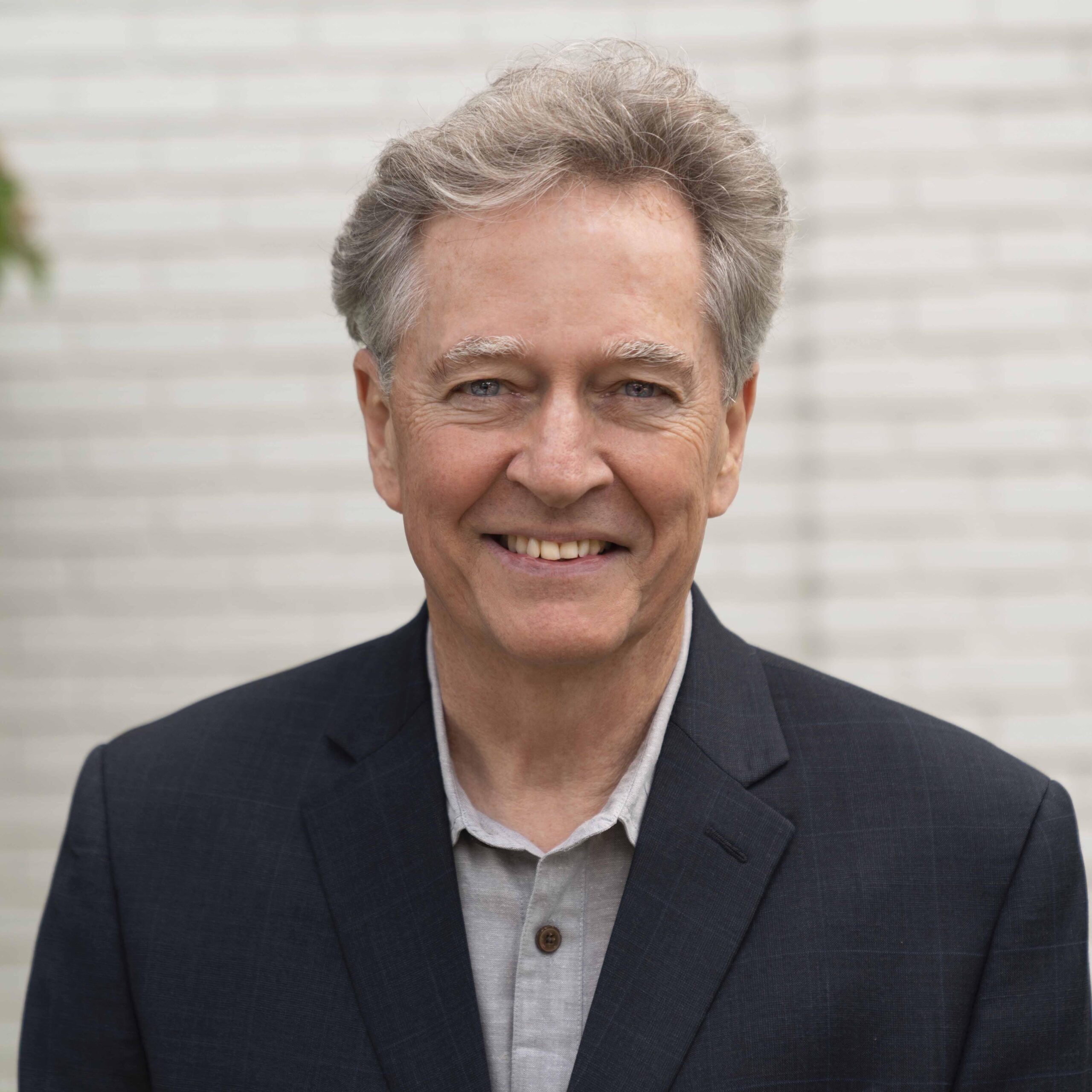Monsanto's not going to like this....
Read the book, and soon – see the movie!
By Carey Gillam | May 9, 2024 | This article originally appeared in Substack – UnSpun
Three years ago my second book, The Monsanto Papers, was published, laying out the high drama and crazy twists and turns that took place before and during the first-ever Roundup cancer trial was held in San Francisco in 2018.
The trial made history as school groundskeeper Lee Johnson bested big, bad Monsanto in court after his lawyers laid out decades of scientific evidence about the cancer-causing dangers of the company’s top weed killer, and the company’s equally long effort to hide the truth from the public.

I wrote the book after getting to know Lee and his family, witnessing his suffering and his long-shot effort to survive an aggressive form of non-Hodgkin lymphoma (NHL). I spent long hours with the lawyers fighting for Lee, and took notes through seemingly endless court proceedings leading up to the trial.
I was on the receiving end of a midnight dump of documents by one of the lawyers in the case as he decided Monsanto’s secrets should no longer be hidden. And I got the phone call shortly before trial when the lead lawyer who was supposed to represent Lee suffered a shockingly brutal accident that nearly killed him and ensured he would not make it to court.
It was all so dramatic, I knew it would make one hell of a movie.

Brent Wisner, the young lawyer who stepped in to assist Lee’s legal team after lead attorney Mike Miller’s accident, helped pull off what many thought was impossible. Using a combination of boyish charm, theatrical rhetoric and a fierce wielding of scientific facts, Brent captivated the jury and scored an eye-popping verdict that sent the stock price of Monsanto’s owner, Bayer AG, into a nose dive.
Many other trials followed, more cancer victims brought lawsuits, and we now sit six years later with Bayer mired in a Monsanto mess that has cost it many billions of dollars.
I, for one, can’t wait to see the film, though as a fictionalized version of events, many details will no doubt be creatively altered. Brent’s dad helped create and craft the project, which appears headed for blockbuster status.
When I heard the script was finished and top actors attached, I immediately reached out to Lee, who so far is holding cancer at bay, helped by some of the millions of dollars he won from Monsanto. He was not aware of the news, he said – he’s not been keeping up with the wheeling and dealing of Hollywood types. Instead, Lee has spent a lot of his time since the trial not only fighting cancer, but also fighting for more public awareness of the dangers of glyphosate, the active ingredient in Roundup.

The movie, once it hits the big screen, should help in that fight, illuminating long-held corporate secrets, and a playbook that is used by many corporations in many industries to hide the risks of their products.
If you can’t wait for the movie, or you want to know the nitty, gritty, tear-jerking details of the real-life saga, I encourage you to read the book. Writing it was a wild ride, following the case and capturing history in the making.
And it was also an honor to get to know Lee, a deeply private and soulful father of two young sons who grew up hard but was finding his way before cancer struck. I recount in the epilogue of the book his reflection on what it meant to be forced to trade his health for a brief bit of fame and small fortune.
Here is a short excerpt from the final page:
It’s autumn in Napa and Lee and his family are settling into a new home. It is a real family home with four bedrooms, plum and cherry trees out back, and block after block of quiet neighborhood streets for the boys to explore on their bikes.
He’s still dying, at least that is what the doctors tell him. But Lee doesn’t believe them. He’s lived longer than they told him was possible, longer than his attorneys and Monsanto’s had told the court was likely.
Since winning the trial against Monsanto, Lee has become known around the world, held up as an inspirational voice in a global battle against chemical corporation corruption. Activist organizations have flown him to Canada, to New York City, to Hawaii, to speak about this cancer and the dangers he believes come with the use of herbicides. Several communities have started taking a critical look at the use of pesticides on public spaces, and some have stopped using glyphosate.
“I didn’t ask for it,” he says of the public attention as we walk together along a tree-lined path in his new neighborhood. “You can only just set out to do good, you can’t always control how that happens.”
He stops walking for a moment and looks back toward the street where his new house sits, where his boys wait for us to return. “It would be cool if my kids could look back one day and say ‘my dad made history. My dad stood up for himself and for us.’”
I ask him what lessons he hopes his sons will carry with them.
“I would tell my boys that pain can make you stronger, because real strength comes from within,’” Lee answers “And to always try to do the right thing, help people when you can and try to always be positive.” He pauses to make sure his words are precise. “And to prepare for the worst, but enjoy the good times because you never know when the bad times are coming.”
We stop walking to rest in the shade for a moment. Lee reaches a scarred hand to a low branch and slowly strokes a silky green leaf.
“I know I am supposed to face this, to accept this, the death thing,” he says. “But maybe I’m don’t have to. Maybe I’m supposed to survive…
“Maybe I’ll be the leaf that doesn’t die.”



